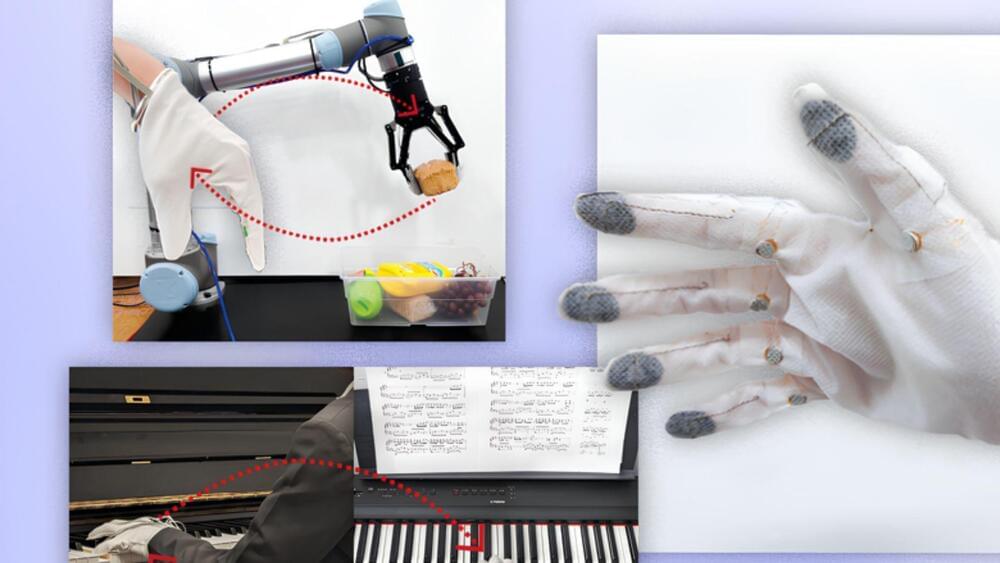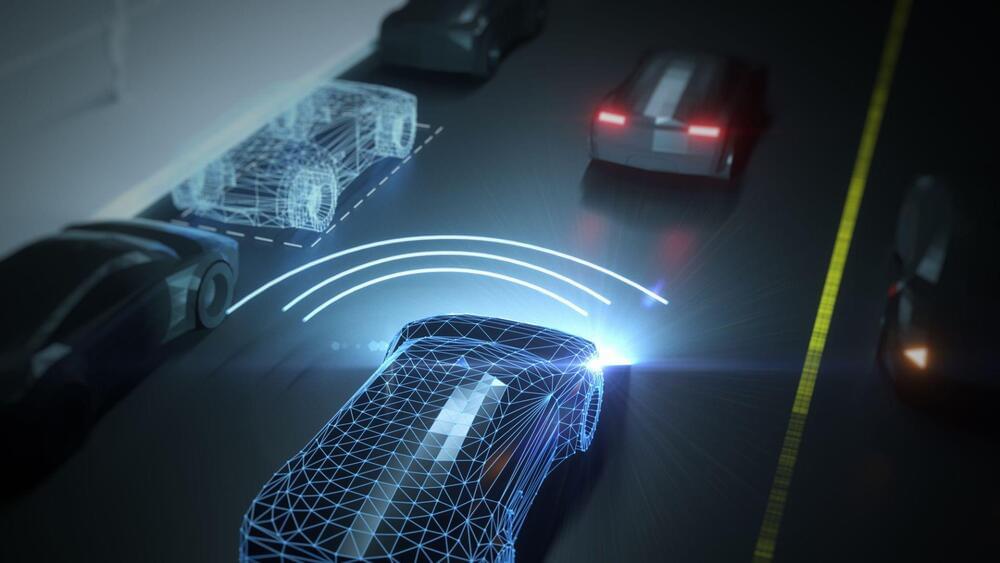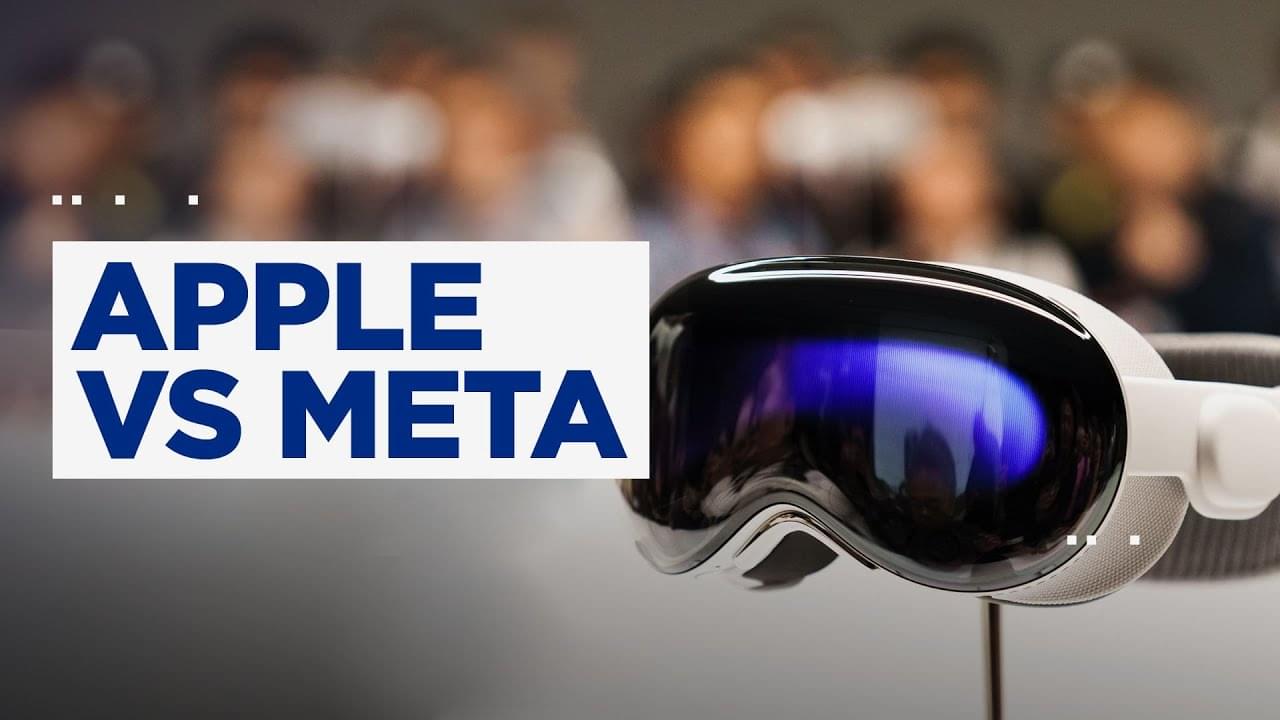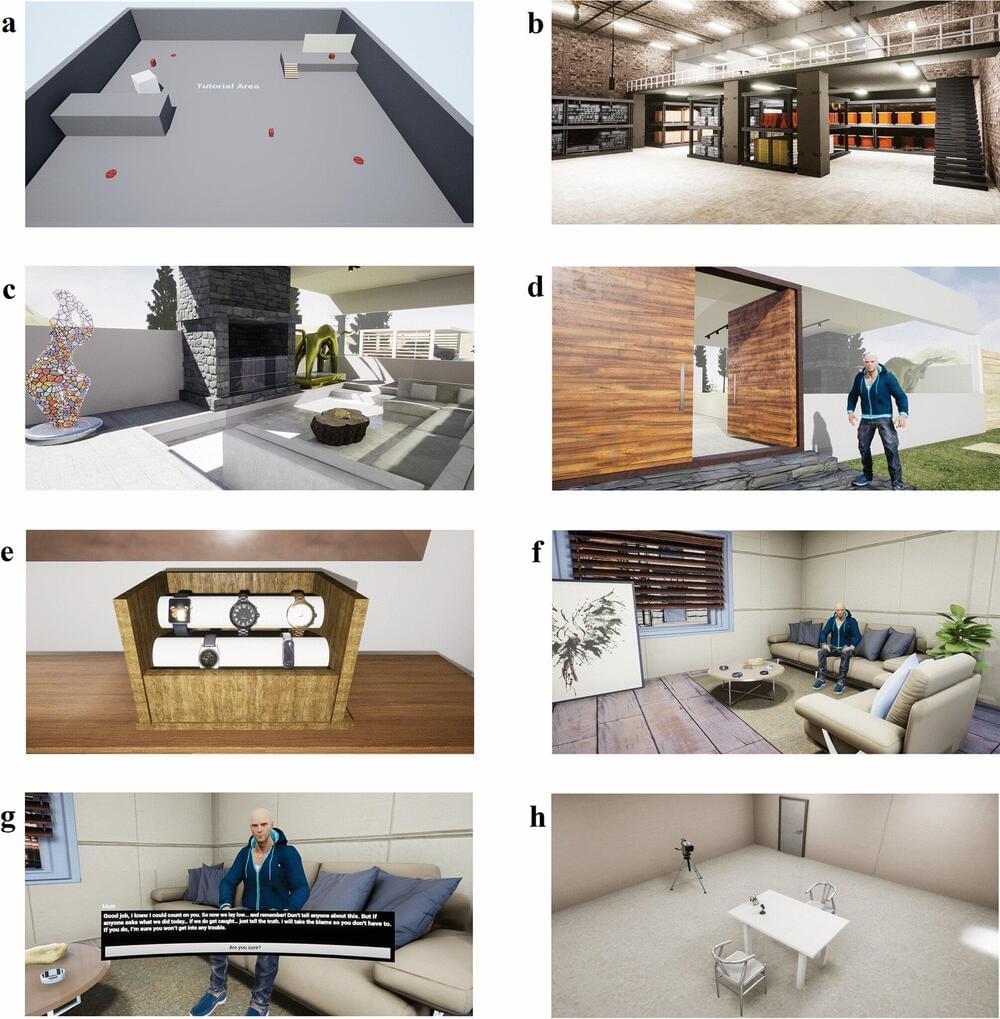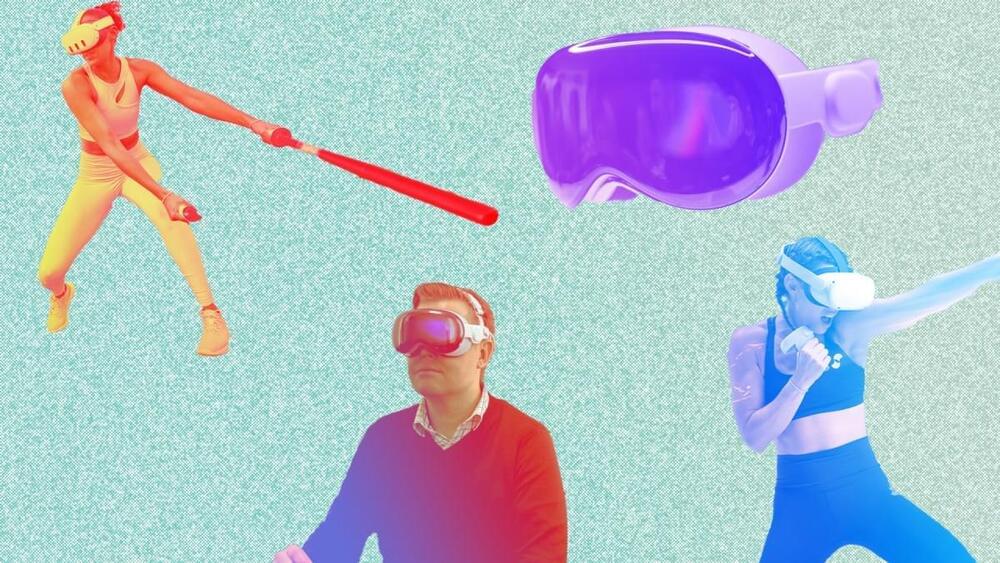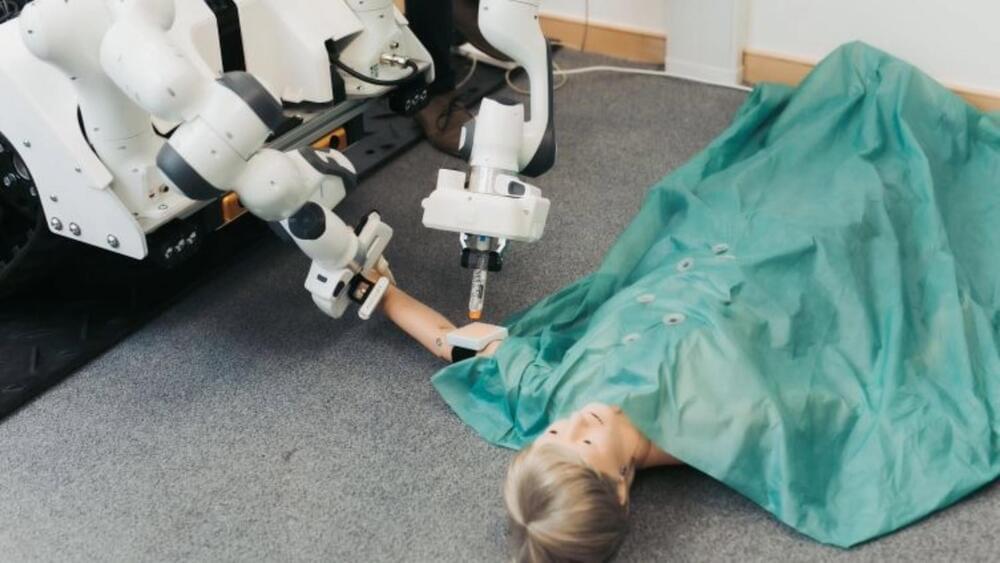Feb 23, 2024
Wearable Tech Reads Human Emotions
Posted by Dan Breeden in categories: robotics/AI, virtual reality, wearables
Summary: Researchers unveiled a pioneering technology capable of real-time human emotion recognition, promising transformative applications in wearable devices and digital services.
The system, known as the personalized skin-integrated facial interface (PSiFI), combines verbal and non-verbal cues through a self-powered, stretchable sensor, efficiently processing data for wireless communication.
This breakthrough, supported by machine learning, accurately identifies emotions even under mask-wearing conditions and has been applied in a VR “digital concierge” scenario, showcasing its potential to personalize user experiences in smart environments. The development is a significant stride towards enhancing human-machine interactions by integrating complex emotional data.

